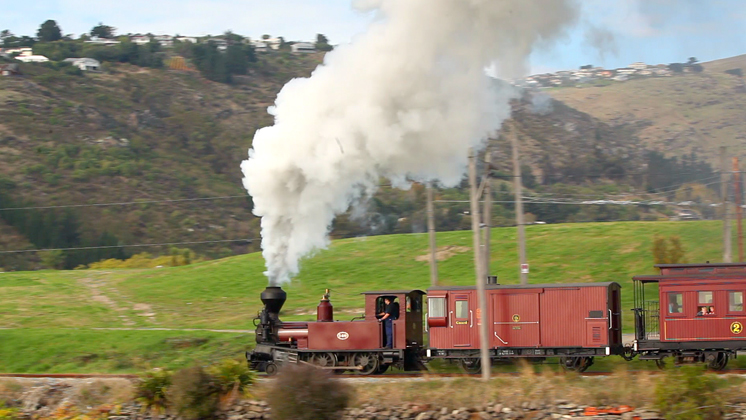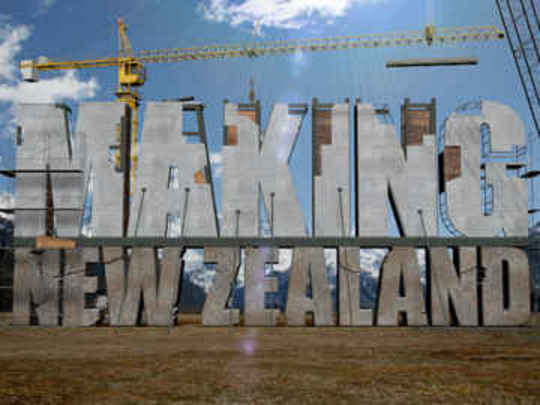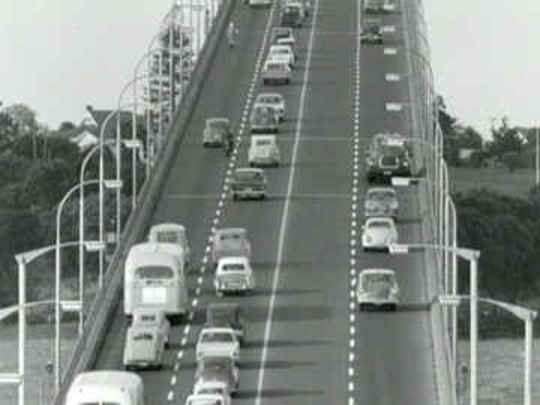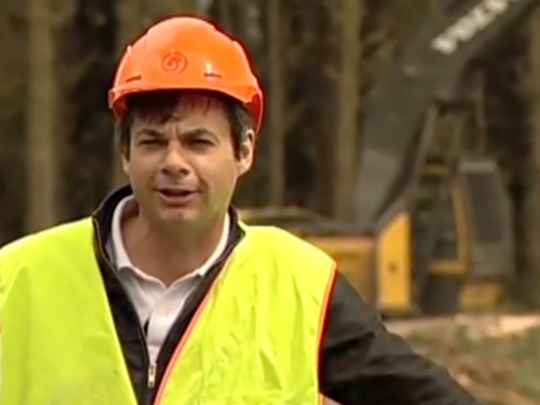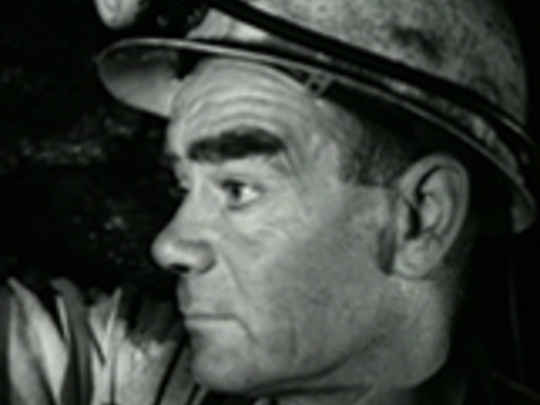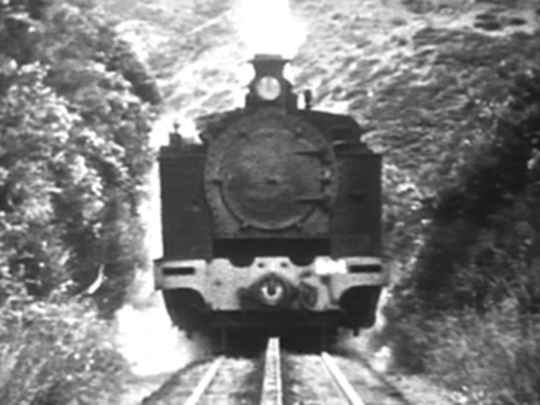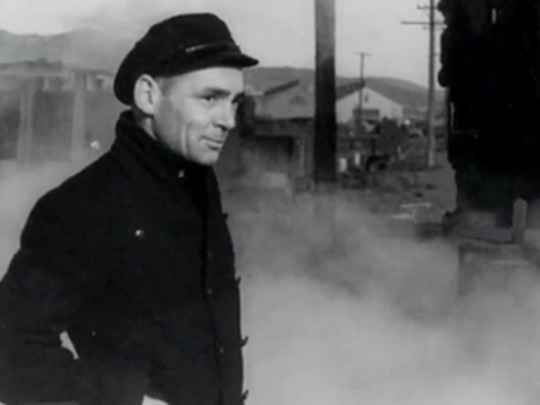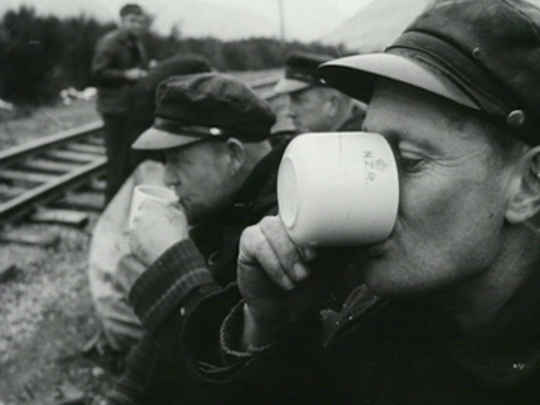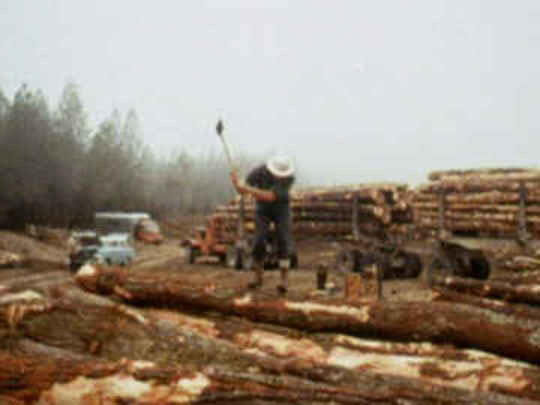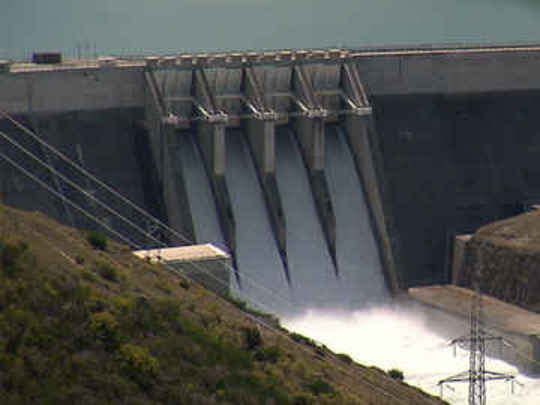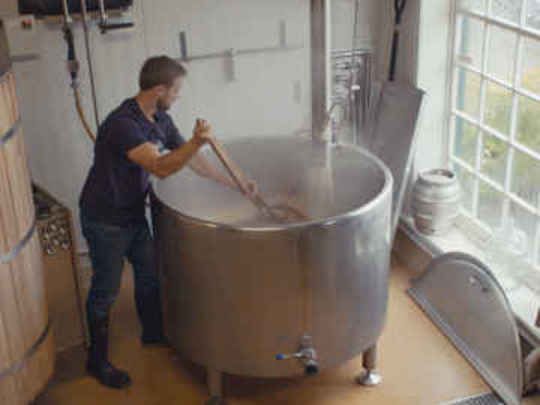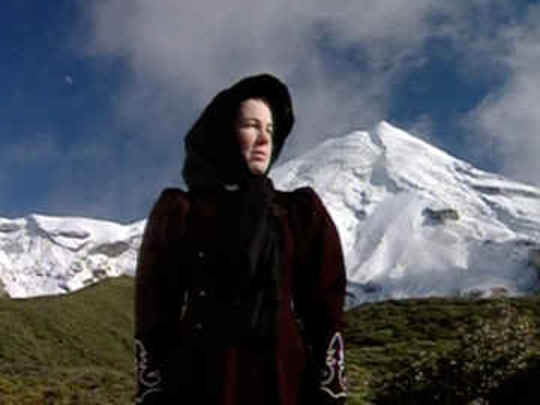...half a million acres was taken from us, principally for the establishment of the railway ... that's a lot of land to take for a small piece of railway track. And for the government to then on sell that land to settling farmers, and for us to see our paradise taken away from us...
– Whanganui Iwi, Che Wilson, early in this documentary
Robert Holmes was brave to attempt the spiral, and brilliant to actually be able to survey one. There's no better way that this could be done, even today.
– Department of Conservation Heritage Technical Advisor Paul Mahoney, on engineer Robert Holmes' ingenious plan for the Raurimu Spiral
The first locomotives on New Zealand lines were imported. But by the late 19th century we were building our own in railway workshops in several cities and regional centres.
– Narrator Mark Clare
Engine crews deserved all the money they got on the Stratford line. It was 24 tunnels on that line... when you come to a tunnel, it was not uncommon to get a wet towel and put it round your head, or have to sit on the floor, because the locomotive would have to go through the tunnel all by itself; we'd just set it ... the fumes and the heat would actually — you could go unconscious.
– Engine driver William Mutch recalls the days of steam engines
I've always loved the steam engines; it's a lost art. So having the opportunity to work on machines that are over a 100 years older than me, and learn a skill that's so very rarely used these days is quite fascinating.
– Engine driver Mike Hobbs
Most people wanting new rail machines were sticking to the European or the North American producers: not on cost basis, but on quality. And New Zealand producers were cost-competitive on that basis. And then when you add in the more longer term benefits of retaining industry in New Zealand, the benefits to New Zealand became quite strong.
– Berl's then Chief Economist Ganesh Nana, near the end of this documentary
The impact of changing times was dramatically seen in the fate of the railway workshops — once the biggest engineering manufacturing plants in the country ... most of the works were closed, with the loss of 90 jobs. The final blow was KiwiRail deciding to buy new wagons from an Asian supplier.
– Narrator Mark Clare on changing times, near the end of this documentary
